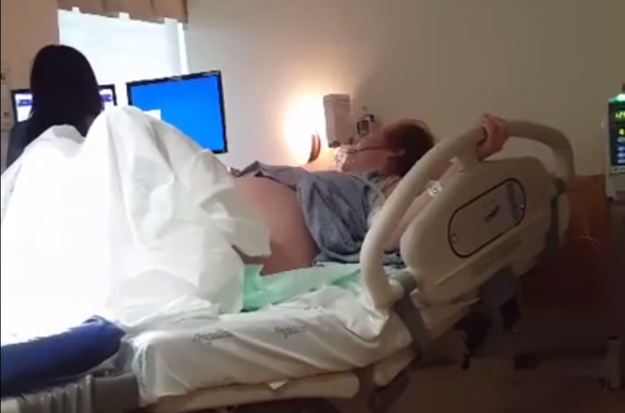
A year ago, the US Supreme Court announced guidance to lower courts in determining whether the prevailing party in a copyright lawsuit should be awarded attorney fees. Under US law, the losing side of a copyright suit can be ordered to pay the legal costs to the winners—no matter which side originally brought the case.
The Supreme Court said that the imposition of a fee award against a copyright holder should be denied if the rights holder held an "objectively reasonable" belief that there was infringement—even if the copyright holder loses the lawsuit.
Today, we're seeing another example in practice on how that ruling is playing out. A New York federal judge on Wednesday ruled that no "reasonable attorney" would have sued news organizations for broadcasting or publishing seconds-long clips from the 45-minute live Facebook video of a childbirth. Hence, the media outlets that were on the receiving end of the lawsuit are entitled to recover what may amount to hundreds of thousands of dollars in legal costs.
"No reasonable lawyer with any familiarity with the law of copyright could have thought that the fleeting and minimal uses, in the context of news reporting and social commentary, that these defendants made of tiny portions of the 45-minute video was anything but fair," US District Judge Lewis Kaplan of New York wrote.
Kaplan was ruling in a fees motion as part of a failed copyright case brought by the father who live-streamed the birth of his son by mother Sarah Dome. The suit targeted ABC, NBC, Yahoo, and COED Media.
Kaplan, calling the lawsuit "frivolous," concluded that awarding fees to the defendants "would much better serve the purposes of the Copyright Act than the denial of such awards."
Kali Kanongataa started broadcasting his partner giving birth on Facebook in May 2016. He intended to share it with just family and friends. He realized the birth was actually streaming publicly after about half an hour, but he decided to leave it that way. That led to about 120,000 people worldwide watching the delivery.
In response to his suit, (PDF) ABC prevailed by claiming that using 22 seconds of the 45-minute video was a "textbook example of fair use."
Fair Use
Fair use is a defense to copyright infringement if certain elements are met. The US Copyright Office says fair use is decided on a case-by-case basis. "The distinction between what is fair use and what is infringement in a particular case will not always be clear or easily defined. There is no specific number of words, lines, or notes that may safely be taken without permission. Acknowledging the source of the copyrighted material does not substitute for obtaining permission," the US Copyright Office says.
That said, there are at least four factors that judges must consider when deciding fair use: the purpose of use, the nature of the copyrighted work, the amount and substantiality of the portion taken, and the effect of the use upon the potential market.
Kanongataa's lawyers from New York—Yekaterina Tsyvkin and Richard Liebowitz—did not immediately respond for comment. The judge gave the media companies three weeks to say how much they think they should be awarded in costs associated with defending the lawsuit.
reader comments
57